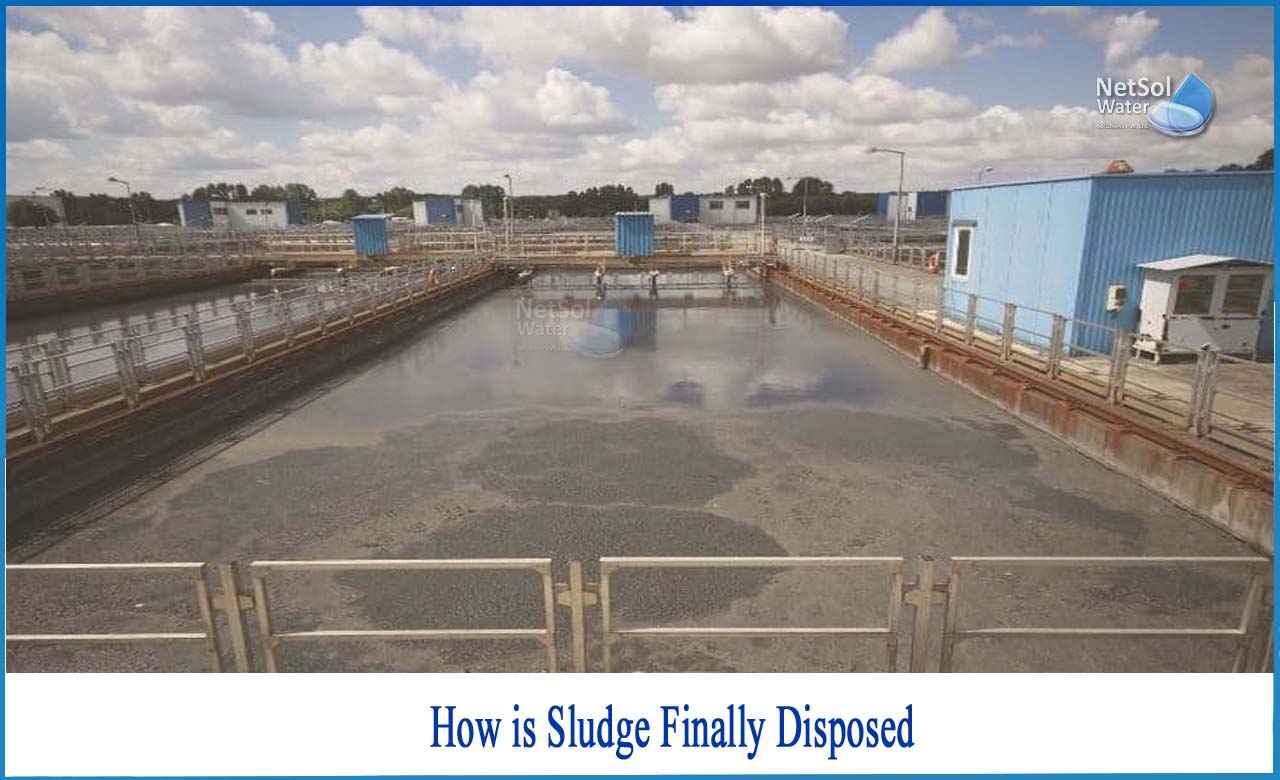What is Sludge?
Sludge is the waste that accumulates in sewage treatment plants (or biosolids).
Sewage sludge is the solid, semisolid, or slurry residual material produced as a by-product of wastewater treatment methods. Primary and secondary sludge are two frequent classifications for this waste.
-Processes including sedimentation, chemical precipitation, and other primary processes produce primary sludge.
-Secondary sludge is a byproduct of biological treatment procedures that is made up of waste biomass. It also covers any sludge that forms as a result of secondary industrial activities on primary sludge.
Types of sludge
1: Drinking water sludge
Sludge from drinking water treatment plants or tanks is what this is. It is generally disposed of as non-hazardous trash in landfills and does not require complex treatment techniques. It also has almost no germs, making it safe to dispose of.
2: Faecal sludge
Sludge from pit latrines, onsite sanitation systems, and septic tanks is what this is. It contains human excreta, solid wastes, urine, water, and any other substance that could be disposed of in sanitation systems' pits, vaults, or tanks.
Vacuum trucks are used to transfer faecal sludge to specialized faecal sludge treatment plants. Sludge can be used for irrigation, as a soil conditioner, or in the manufacture of biogas, biodiesel, charcoal, powdered industrial fuel, and electricity after treatment.
3: Industrial wastewater sludge
This is the sludge that is collected from warehouses, manufacturing plants, and other companies. Heavy metals, bacteria, and other chemicals are present in high concentrations, which can leach out if the sludge is not properly controlled.The toxins in the sludge have the potential to harm both the environment and humans. As a result, thorough and meticulous treatment is required before it is disposed of on land.
4: Sewage sludge
Sludge formed as a by-product of the treatment of industrial wastewater sludge or during sewage treatment is referred to as this. It includes organic and inorganic debris, as well as huge numbers of plant nutrients, pathogens, and trace elements. It could also be contaminated with human faeces and other consumer goods.
How is sludge finally disposed?
It is the final step after the sludge has been dewatered adequately. It may be readily removed and buried underground or utilized as afertilizer on land. Sludge that is too hazardous to be buried or reused is burned and turned into ash.
Sludge containing dangerous industrial chemicals should not be spread on land since it will harm the land, crops, and, eventually, humans and animals who consume these crops. As a result of bio-accumulation and bio-magnification, hazardous substances frequently impact humans.
Sludge can be disposed of in one of two ways: (1) in water, or (2) on land.
This applies regardless whether or not the sludge has been processed to facilitate or allow the chosen disposal option.
1: Disposal in water
This is a cost-effective technology, but it is not widely used because it is dependent on the availability of sufficient bodies of water. Sludge is pumped to barges and taken to sea in some seacoast communities, where it is dumped in deep water far enough off shore to give massive dilution factors and prevent any harmful effects along the beach. Sludge deposits coming to shore from off-shore sludge barging operations have been blamed for some of these pollutant loads.
2: Disposal on land
The land is usually the eventual destination of treated sewage sludge. Sludge that has been dewatered can be buried in a sanitary landfill. It can also be spread on agricultural land to benefit from its properties as a soil conditioner and fertilizer. Sludge is not spread on land where crops are cultivated for human consumption because it may contain hazardous industrial chemicals.Sludge may be burnt if a suitable site for land disposal is not available, such as in metropolitan areas. The moisture is totally evaporated during incineration, and the organic materials are converted to inert ash. The ash must be disposed of, but because of the smaller amount, disposal is more cost-effective. When sewage sludge is burned, air pollution management is a critical consideration. Air-cleaning devices that are appropriate for the situation, such as scrubbers and filters must be used.
How can Netsol Water help you in this?
Netsol Water is one of the leading water and wastewater treatment company in India offering projects and services in the field of water and wastewater treatment plant manufacturing and supplying machines like compact sewage treatment plant, and much more which not only turns your wastewater into usable water but also acts as a savior of Mother earth and its precious resource “water”.
Netsol Water is Greater Noida-based leading water & wastewater treatment plant manufacturer. We are industry's most demanding company based on client review and work quality. We are known as best commercial RO plant manufacturers, industrial RO plant manufacturer, sewage treatment plant manufacturer, Water Softener Plant Manufacturers and effluent treatment plant manufacturers. Apart from this 24x7 customer support is our USP. Call on +91-9650608473, or write us at enquiry@netsolwater.com for any support, inquiry or product-purchase related query.



